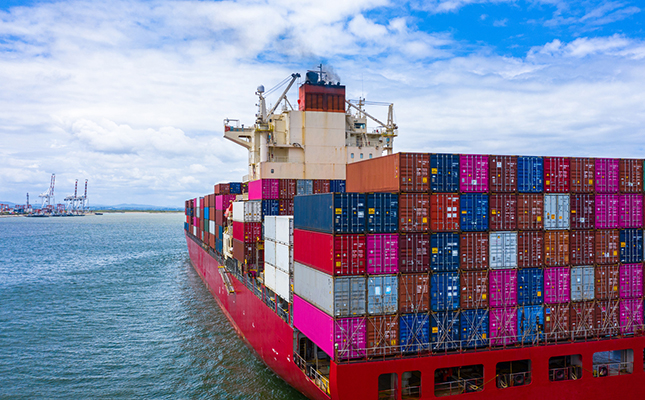The vessel bunching this week at the Los Angeles-Long Beach port complex is a visual example of the deterioration in Eastbound TransPacific ocean reliability. At least 20 container ships were waiting at anchor as of Monday with 16 more expected to arrive throughout this week.
Port congestion increased to full tilt as carriers have rapidly bumped up their capacity to meet rising demand for freight in the United States. This disruption to the supply chain has been further exacerbated by an acute lack of chassis caused mostly by slow turnaround times at destination ports, in particular Los Angeles/Long Beach.
In October, Eastbound TransPacific ocean reliability dropped to its lowest point since data collection started in 2011. The holiday season rush continues to bog down ports and decrease schedule reliability, according to the Sea-Intelligence Maritime Research Global Liner Performance Survey released this week.
According to survey, the on-time performance of vessels in Asia-North American trade fell more than 14% from September to 32.1% on the West Coast and 34.5% on the East Coast.
“We’re witnessing the ramifications of the reopening of national economies after months of shutdown due to the Covid-19 pandemic,” according to Joe Monaghan, CEO of Worldwide Logistics Group. “We’re seeing most major shipping lines and partnerships suffer degraded schedule efficiency around the world,” Mr. Monaghan said.
Globally, carrier on-time output hit a record low in October or 52.4 percent, down from September by 3.6% and by 26.7% compared to October 2019. In October, the average vessel delay worldwide was 4.86 days, up from 4.11 days a year ago. On the TransPacific average, delays are much longer.
Rapid increase in demand has affected the supply chain across the board causing late vessel arrivals, marine terminal congestion, extreme container dwell times, long truck lines at the port gates, shortages in chassis and overflowing distribution warehouses.
The congestion at warehouses means that containers and the chassis they sit on are left idle outside facilities, delaying the return of empties which has a domino effect on the supply chain.
Worldwide Logistics Group will continue to monitor the delays and report performance details as they arise. Please contact your Worldwide Logistics Group representative for more details or concerns.

